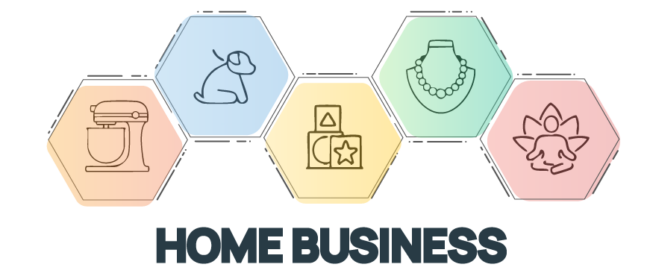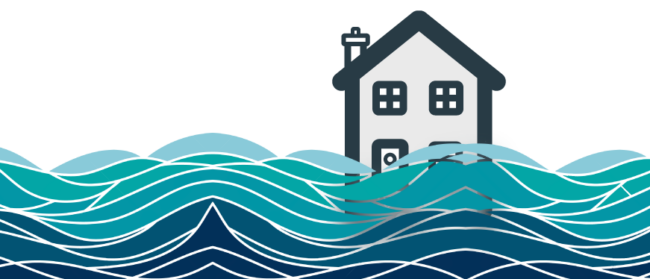
Running a business from home? Your standard home insurance might not cut it. Discover what coverage you need to protect your home-based business
There are numerous reasons a property might be empty for an extended period. You could be in the process of moving, undertaking renovations, enjoying an extended holiday away, or away it could even be your holiday home. In any case, it’s critical to adequately prepare your property for this period of vacancy. Proper preparation helps safeguard against potential damage and reduces the risk of criminal activity. Here you’ll find our “Top 5 Tips To Secure Your Empty House” during periods of unoccupancy. Important Note: Most standard home insurance policies provide coverage for unoccupied properties for up to 30 days only. If your property will be vacant for longer, it’s advisable to secure specialist unoccupied home insurance.
It may seem obvious, but double-checking all security measures is essential when leaving a property unoccupied. This includes verifying that all windows, doors, and other access points, like garage doors, are securely locked. Avoid leaving spare keys in obvious hiding spots outside the house or in view from windows.
Maintain any existing security systems. Installing motion-sensor lights around the property can be an effective deterrent against burglars. These lights should cover areas like house exteriors, above the garage, and near entry points.
Remember, thieves might target not only your personal belongings but also fixed components such as copper plumbing pipes, roof tiles, and boilers. Such thefts can lead to significant property damage, which may not be covered under standard insurance policies without additional unoccupied home insurance.
Regular visits to the property can significantly reduce the risk of crime by making the house appear occupied. If you’re unable to visit, consider asking a friend, neighbour, or a professional property manager to do so. These visits can involve routine checks, turning lights on and off, collecting mail, and occasionally parking a car in the driveway.
Promptly addressing any damage or issues, like a leaking pipe, during these visits can prevent further complications and long-term problems.
External maintenance is equally important. An unkept garden or accumulating waste can signal to thieves and vandals that a property is unoccupied. Regular landscaping and waste removal can help mitigate this risk.
For properties that will be unoccupied for long periods, consider managing utilities wisely. Turning off utilities like water and gas can reduce the risk of incidents like leaks or fires. However, during colder months, it’s advisable to maintain a minimum temperature to prevent pipes from freezing, which can lead to bursting.
Modern technology offers various ‘smart’ devices that can enhance the security and safety of your unoccupied property. Leak detection systems, for example, can alert you to potential problems and, in advanced models, automatically shut off water supply to prevent damage. Smart security systems enable remote monitoring of your property, providing real-time alerts and visual surveillance.
When leaving your house empty for more than 30 days, standard home insurance policies may not provide adequate coverage. Our Intelligent Insurance policies cover up to 60 days of unoccupancy as standard and offer comprehensive coverage for longer periods. For detailed quotes or to speak with our experienced advisors, contact our office at 03333 11 11 10, or start a conversation via our live chat.

Running a business from home? Your standard home insurance might not cut it. Discover what coverage you need to protect your home-based business

Wondering if your Christmas presents are protected? Discover how home insurance covers your festive purchases.

Before purchasing home insurance, it's crucial to understand your home's flood risk.